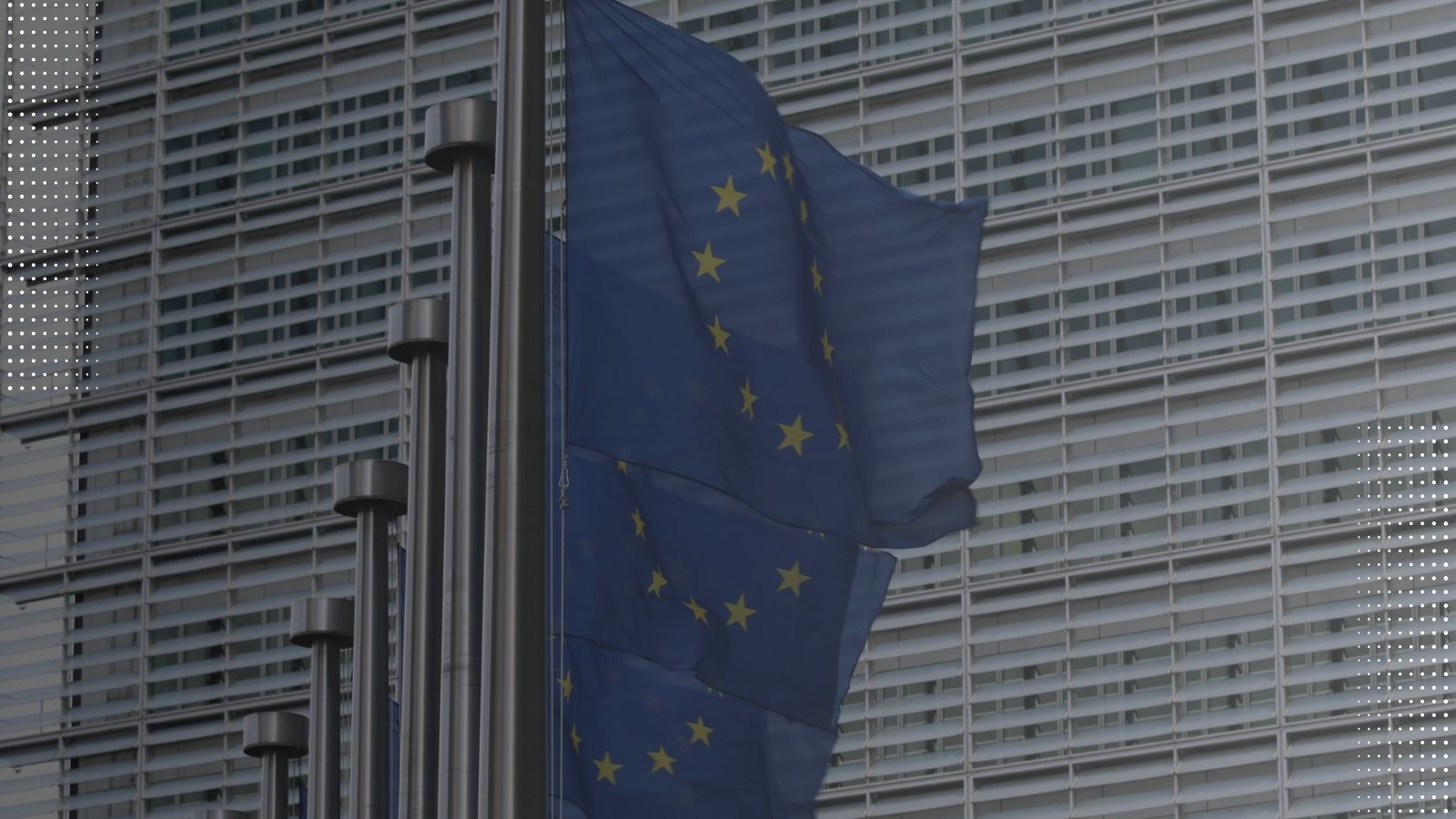The European Union (EU) has agreed to actively push for a comprehensive global agreement to phase out fossil fuels at COP28. This announcement has sparked enthusiasm among environmentalists and sent a clear signal that the EU is determined to lead the charge in the fight against climate change.
The EU has agreed to phase out “unabated” fossil fuels, meaning countries could still use coal, oil and gas alongside technology to capture the carbon emitted. However, this technology is currently limited and expensive. Some countries, including Denmark, France and Germany, wanted a stronger deal covering all fossil fuels, but others, including Hungary, Italy and Poland, argued for using emission-reducing technology in certain sectors. This highlights global tensions on the issue.
COP28 ‘rallying cry’
The agreement makes the EU one of the most ambitious negotiators at COP28, where the central decision is likely to be whether countries should agree to phase out fossil fuels for the first time. Its mission is to rally nations around the world to commit to a concrete timeline for phasing out fossil fuels.
This commitment aligns with the ambitious goals set by the Paris Agreement and reinforces the EU’s dedication to achieving net-zero emissions. Its vision includes a swift transition to renewable and sustainable energy sources alongside significant investments in clean energy technologies, as well as ending fossil fuel subsidies by 2030 and not building new coal-fueled power plants.
Clean energy transition
With the EU’s strong support for this phase-out agenda, there is hope that COP28 will mark a turning point in the world’s fight against climate change. While negotiations will undoubtedly be complex, the EU’s determination to take drastic action against fossil fuels is an encouraging sign that international leaders are ready to take meaningful action.
With record-breaking heatwaves, wildfires and devastating floods becoming increasingly common, the urgency for transitioning to cleaner energy sources has never been clearer. Fossil fuels, which are responsible for three quarters of global greenhouse gas emissions, are at the heart of the climate crisis. The EU recognises that eliminating these emissions is a crucial step in the fight against climate change.





